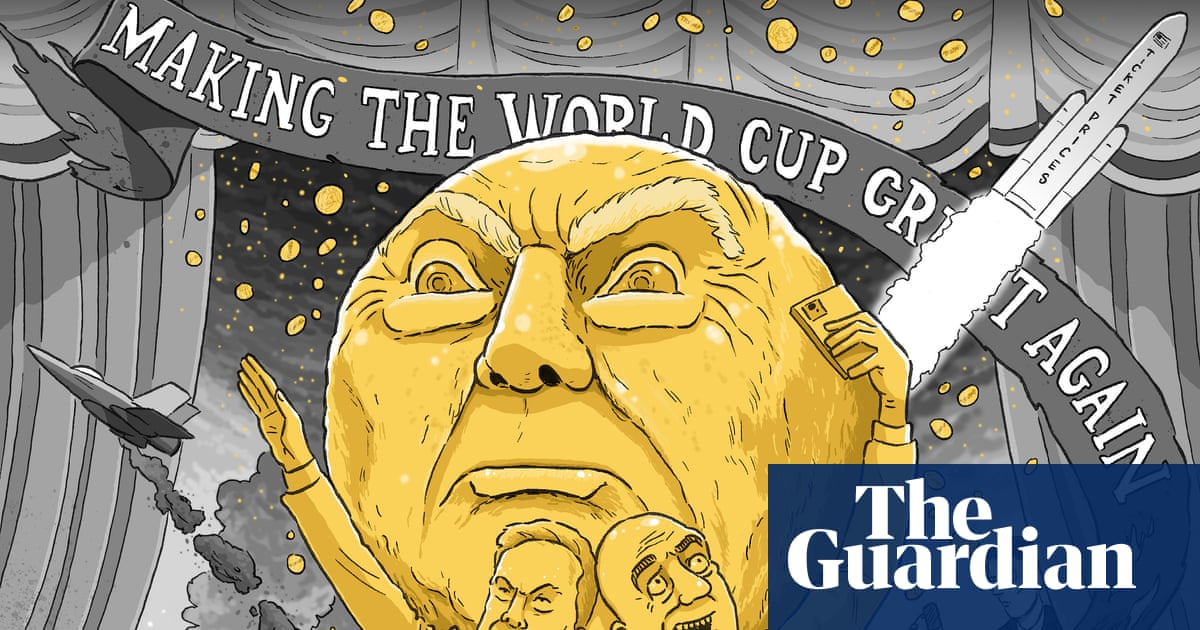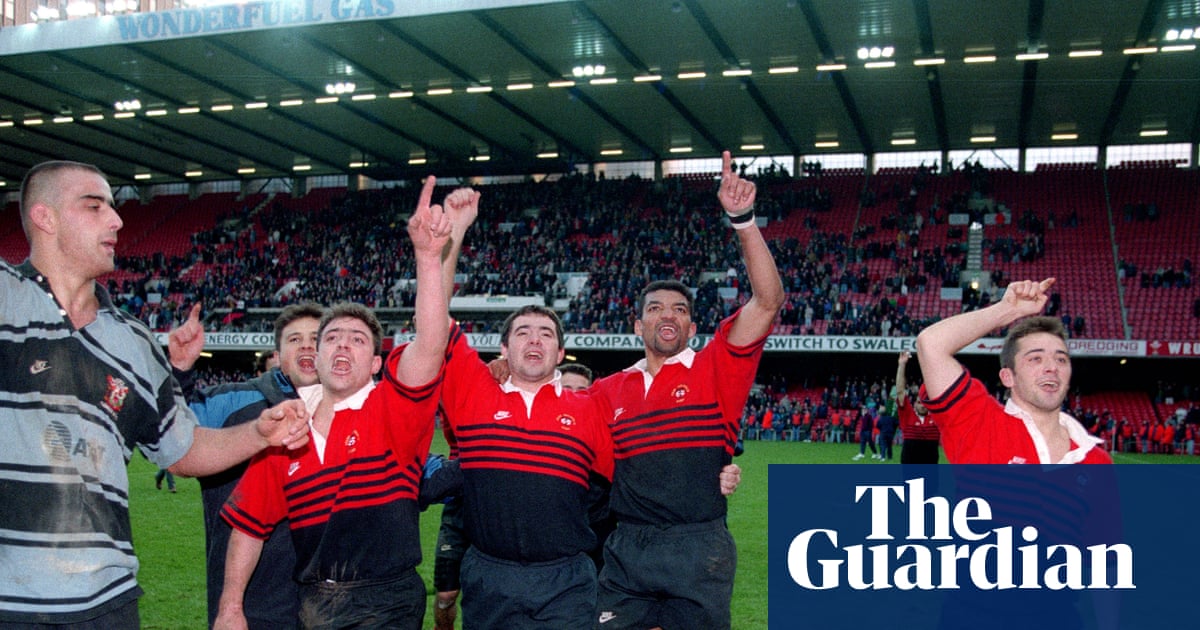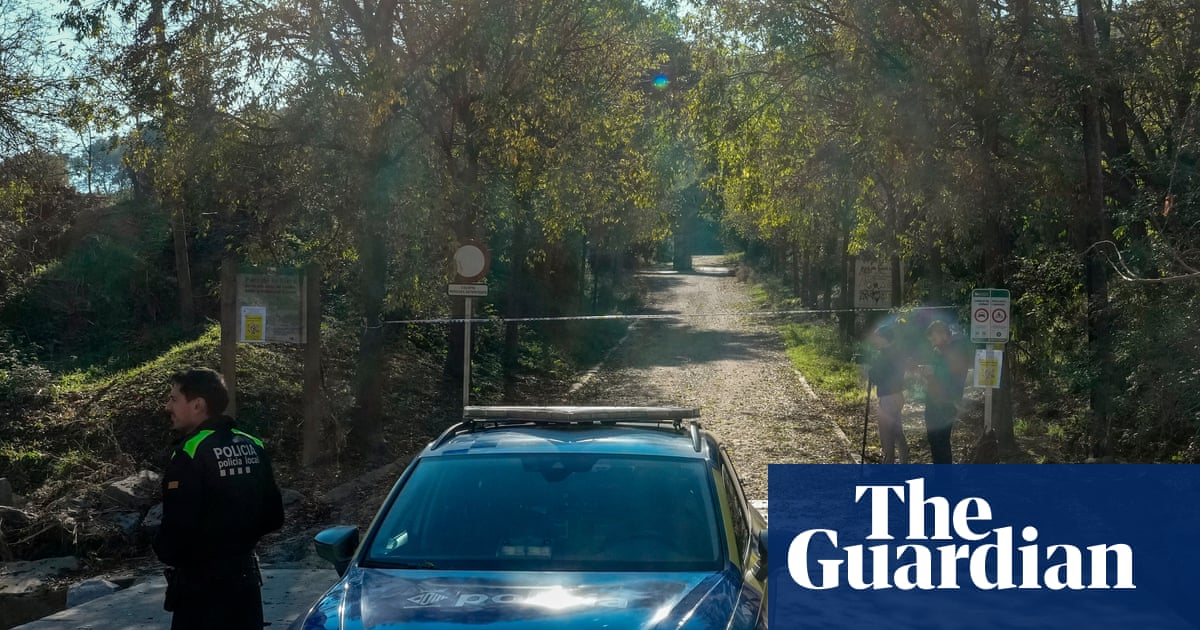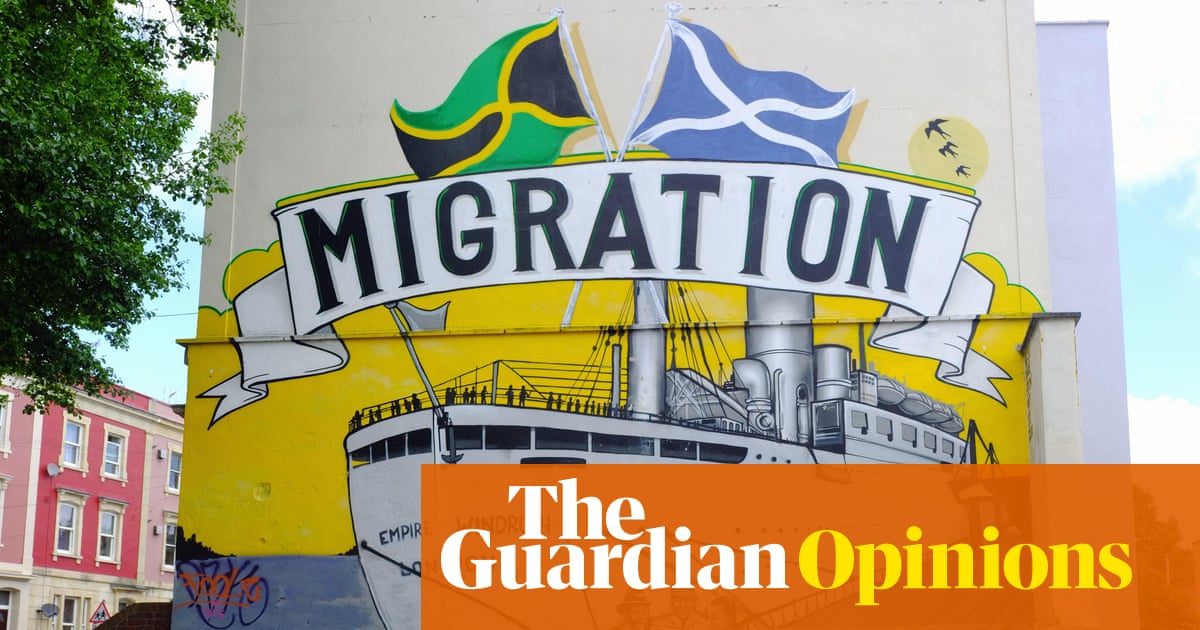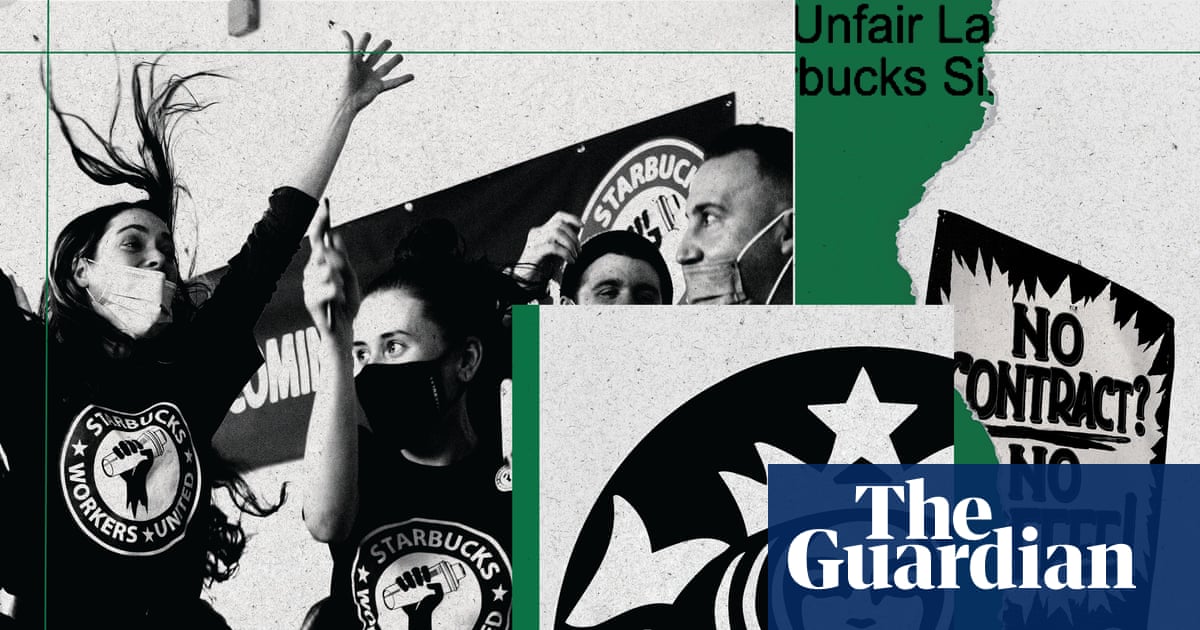Keir Starmer has warned that Britain faces an era-defining choice between Labour and the populist right, as he launched a scathing attack on Nigel Farage, saying the Reform leader neither “liked or believed in Britain”.
In a speech that drew the battle lines for the next general election, the prime minister said the UK stood at a fork in the road where “we can choose decency, we can choose division, renewal or decline”.
While the address at the Labour conference in Liverpool was light on policy, it signalled a notable change in voice for Starmer, who is languishing in the polls and had been urged to set out a clearer vision for the future.
The prime minister will now turn to the difficult economic choices ahead in the autumn budget, which is set to be another politically perilous moment. “It doesn’t get easier from here,” he warned, dismissing calls for a wealth tax. “And the tough decisions, they will keep on coming.”
The chancellor, Rachel Reeves, faces the prospect of having to find up to £30bn in tax rises or spending cuts next month. However, the Guardian has learned that ministers are planning to lift the two-child benefit limit, a key demand of Labour MPs and child poverty campaigners, with officials exploring a new tapered system.
In an unusually impassioned speech, to a room of flag-waving delegates, Starmer said that he was leading a “fight for the soul” of the country against Reform UK, telling those who had not voted for his party “this is your fight too”.
Describing Farage as a “snake oil merchant”, the prime minister told delegates: “We can all see our country faces a choice. A defining choice. Britain stands at a fork in the road. We can choose decency or we can choose division, renewal or decline.
“A country – proud of its values, in control of its future, or one that succumbs, against the grain of our history, to the politics of grievance. It is a test. A fight for the soul of our country every bit as big as rebuilding Britain after the war.”
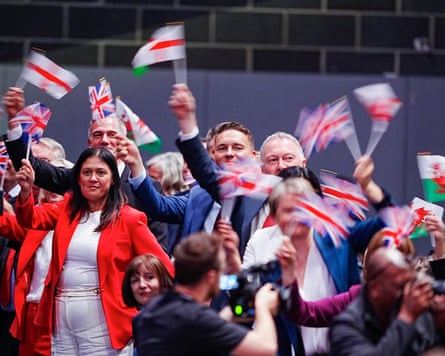
However, Starmer warned the road ahead would not be an easy one. “We need to be clear that our path, the path of renewal, it’s long, it’s difficult, it requires decisions that are not cost-free or easy. Decisions that will not always be comfortable for our party.”
But at the end would be a transformed country, he said, as he sought to position Labour as the agent of change. “We must never, ever find ourselves defending a status quo that manifestly failed working people,” he said.
In contrast to Labour’s plan, the path taken by the populist rightwould lead “to ruin, to chaos, to Britain being poorer in every sense”. He said it was a “tempting path” as it suggested a “miracle cure” to the country’s problems that did not exist.
In a direct challenge to Farage, he asked: “Do they love our country? Do they want to serve our country – all of it? Our beautiful, tolerant, diverse country. Or do they just want to stir the pot of division because that’s worked in their interests?”
After a week in which migration has been one of the key issues of debate, Starmer said securing the borders was a “reasonable demand” but he hit out at those – including Farage – who he said crossed a “moral line” on the issue.
“If you throw bricks and smash up private property that’s not legitimate – that’s thuggery,” he said, arguing that while free speech was a “British value” it did not allow people to “incite racist violence and hatred”.
after newsletter promotion

He condemned anyone who believed that people could be British or English based on the colour of their skin, saying: “That’s racism … You are the enemy and we will fight you.”
Starmer said that Labour was the “patriotic party” and sought to reclaim the UK’s flags after a summer in which they had become the focus of a culture war. His vision of Britain combined “the grit of the Lionesses, the swagger of Oasis, the strength of the Red Roses”.
In an echo of Gordon Brown’s 2009 conference speech, Starmer listed his government’s achievements so far, including nationalising British Steel, scrapping zero-hours contracts and extending free school meals.
He announced that he would scrap the New Labour target of having 50% of young people go to university and replace it with an aim of two-thirds doing either a degree or a “gold standard apprenticeship”.
Ministers now want to see least 10% of young people pursuing higher technical education or apprenticeships that the economy needs by 2040, almost double today’s figure.
Starmer also confirmed plans for an NHS online hospital service for England.
Andy Burnham, the mayor of Greater Manchester who publicly criticised Starmer’s leadership and economic policy and suggested Labour MPs had been urging him to mount a challenge, left the conference venue before the speech.
In a veiled criticism of Burnham, who said last week that ministers should stop being “in hock” to the bond markets, Starmer accused his critics of a “desire to avoid reality”. “A Labour party that cannot control spending is a Labour party that cannot govern in our times,” he said.
Responding to Starmer with a live broadcast on Tuesday afternoon, Farage vowed to “teach Starmer a lesson next May that British political history will never forget”. He also accused Starmer of threatening the safety of his campaigners because his remarks would “incite and encourage the radical left”.

 2 months ago
76
2 months ago
76







